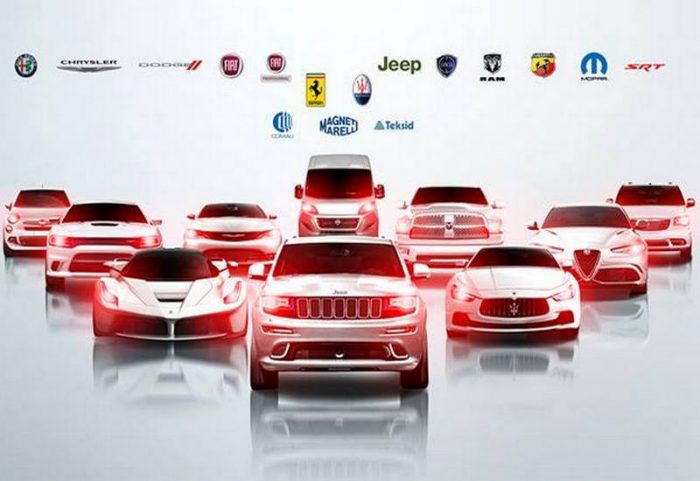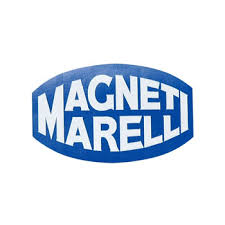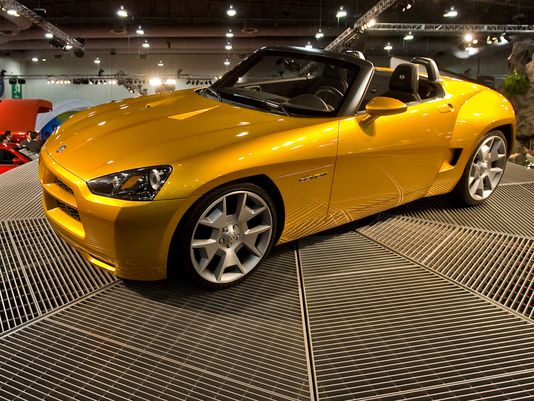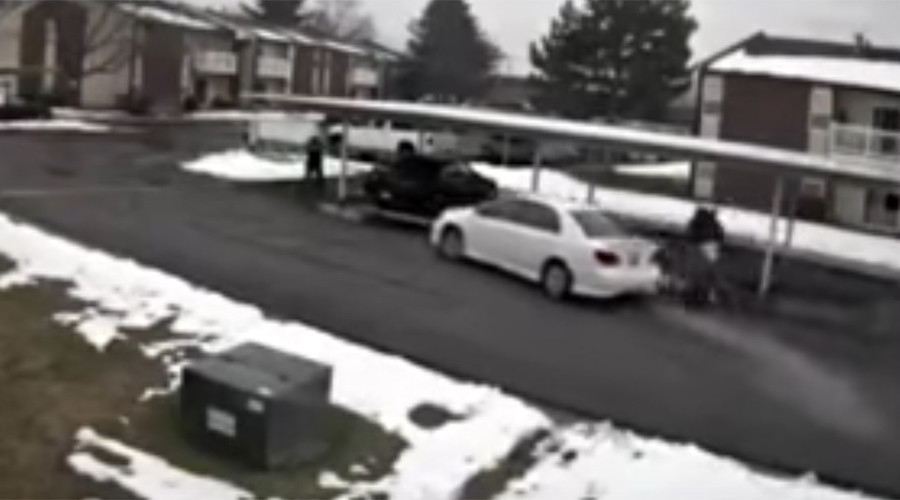Now Reading: EPA alleges Fiat Chrysler of excess diesel emissions
-
01
EPA alleges Fiat Chrysler of excess diesel emissions
EPA alleges Fiat Chrysler of excess diesel emissions

The United States EPA on Thursday alleged Fiat Chrysler Automobiles NV of unlawfully utilizing surprise software to permit excess diesel emissions to go unnoticed, the outcome of a probe that came from regulators’ investigation of competing Volkswagen AG.
FCA shares dropped as the maximum fine is around $4.6 billion. The Environmental Protection Agency (EPA) action impacts 104,000 U.S. trucks and SUVs sold since 2014, about one-sixth the automobiles in the Volkswagen case.
The EPA and California Air Resources Board informed Fiat Chrysler it thinks its undeclared auxiliary emissions control software enabled automobiles to create excess contamination in offense of the law and each released notifications of offense.
The United States Justice Department is investigating, Fiat Chrysler stated Thursday. New York Chief law officer Eric Schneiderman stated he is “deeply troubled” by the EPA findings and “will investigate the claims versus Fiat Chrysler and stands prepared to deal with our state and federal partners.”
Fiat Chrysler President Sergio Marchionne refused the accusations at a hastily-assembled conference call with press reporters, stating there was no misbehavior and the automaker never ever tried to develop software to cheat emissions regulations by finding when the car remained in test mode.
He identified the conflict as whether the automaker had entirely revealed software that secures the engine, including the company was preparing upgraded software to attend to EPA issues.
He stated the EPA and the automaker might have settled the concern in “a more efficient way” without the EPA statement, and he stated “I’m really pissed off” about reports that correspond FCA’s problems with Volkswagen’s.
“The way that it has been explained, I believe, has been unfair to FCA, and that is the thing that disturbs me most,” Marchionne stated.
He likewise recommended regulators had a “belligerent” view of car manufacturers. “We don’t belong to a class of criminals,” he stated. “We’re not trying to break the bloody law.”
The company has no strategies to quit selling 2016 U.S. diesel models.
Stay Informed With the Latest & Most Important News
Previous Post
Next Post
-
 01Polestar Boss Says It’s Time To Outrun BMW M And Mercedes-AMG
01Polestar Boss Says It’s Time To Outrun BMW M And Mercedes-AMG -
 02Spy Shots: 2027 Mitsubishi Pajero Spotted in Testing Ahead of Possible U.S. Return
02Spy Shots: 2027 Mitsubishi Pajero Spotted in Testing Ahead of Possible U.S. Return -
 032026 Toyota Hilux EV: A Powerful Truck with Silent Torque
032026 Toyota Hilux EV: A Powerful Truck with Silent Torque -
 04Spy Photos: VW ID. Polo GTI Goes Electric with 223 HP and 280 Miles of Range
04Spy Photos: VW ID. Polo GTI Goes Electric with 223 HP and 280 Miles of Range -
![2027 Mercedes-Benz S-Class Debuts with V8 Engine [Photo Gallery]](https://speedlux.com/wp-content/uploads/2026/01/2027-Mercedes-Benz-S-Class-33-155x125.jpg) 052027 Mercedes-Benz S-Class Debuts with V8 Engine [Photo Gallery]
052027 Mercedes-Benz S-Class Debuts with V8 Engine [Photo Gallery] -
 06The Controversial Ford Voodoo V8 That Was Killed Off Too Early
06The Controversial Ford Voodoo V8 That Was Killed Off Too Early -
 07Hyundai Palisade’s Breakout Year Shows How Quickly the Market Can Turn
07Hyundai Palisade’s Breakout Year Shows How Quickly the Market Can Turn


![2027 Mercedes-Benz S-Class Debuts with V8 Engine [Photo Gallery]](https://speedlux.com/wp-content/uploads/2026/01/2027-Mercedes-Benz-S-Class-33-700x394.jpg)











































